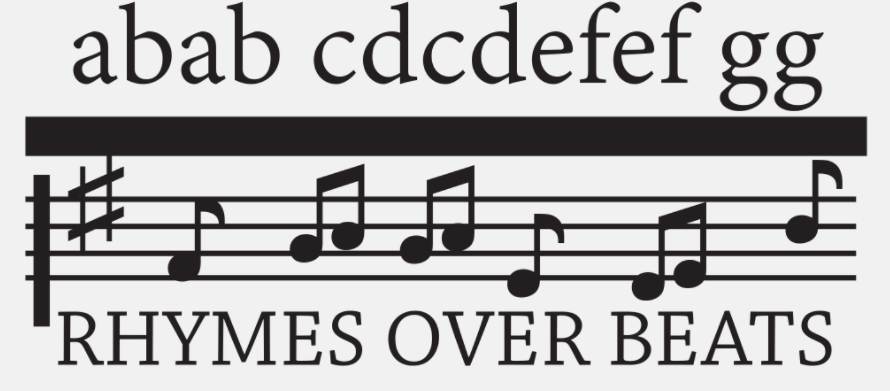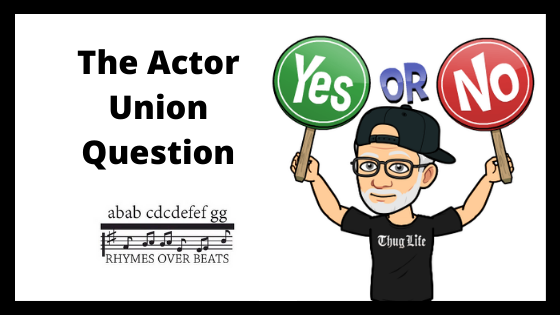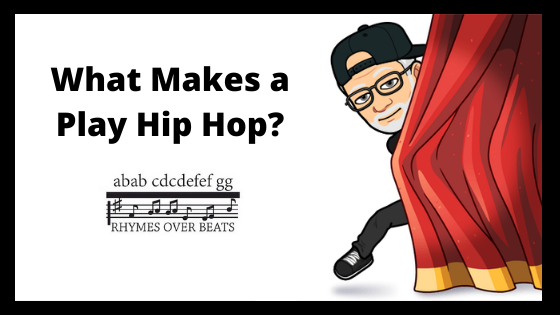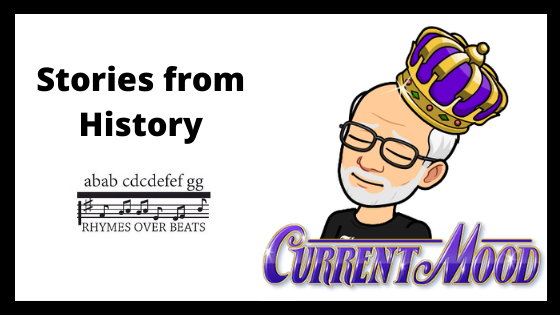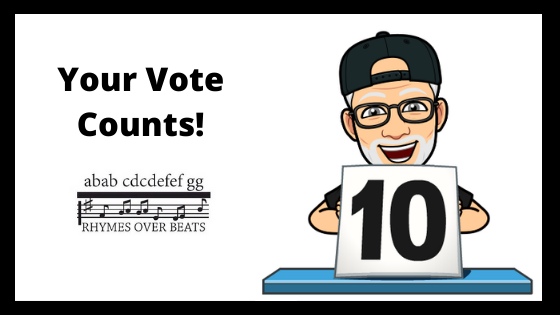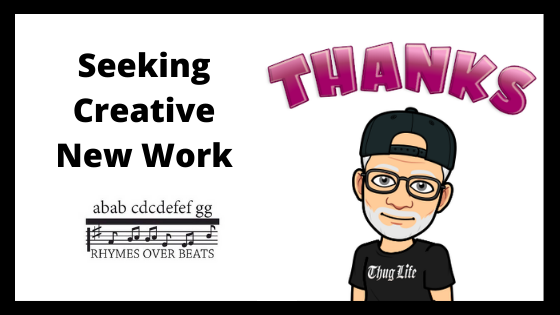
Seeking Creative New Work
Theater During Shutdown
One of the things we have learned from the pandemic is that NY theater – specifically Broadway – is not the center of the universe.
Broadway was closed for over a year, yet theater kept being made. If we wanted to see theater we could – just not live and in person. We could, and did, see a great deal of filmed theater.
I was thrilled that the critic of the Wall Street Journal, Terry Teachout, searched out these performances, evaluated them, and brought them to the attention of an audience starved for theater of any kind. It showed that Broadway is not the center of the theater universe. Instead, it is more like a parasite that survives by living off the health and vitality of theater around the country.
Theater is a Socially-Conscious Art
Because our focus at Rhymes Over Beats’ is on new work, largely non-traditional new work, knowing who else out there who might be doing similar work is vitally important.
But we can’t depend on just one person to review smaller productions around the country. All of us have a social media account and can keep us posted of new and exciting productions that you find.
I want to make an appeal to those people who think that theater is important – specifically theater that brings attention to issues of importance, written by BIPOC creators, and influenced by the hip hop aesthetic – to tell us about the theaters near you that are creating socially-significant plays and musicals. We want to contribute to their success.
We are always looking for like-minded individuals and organizations.
We know you know who they are. Please hook us up.
